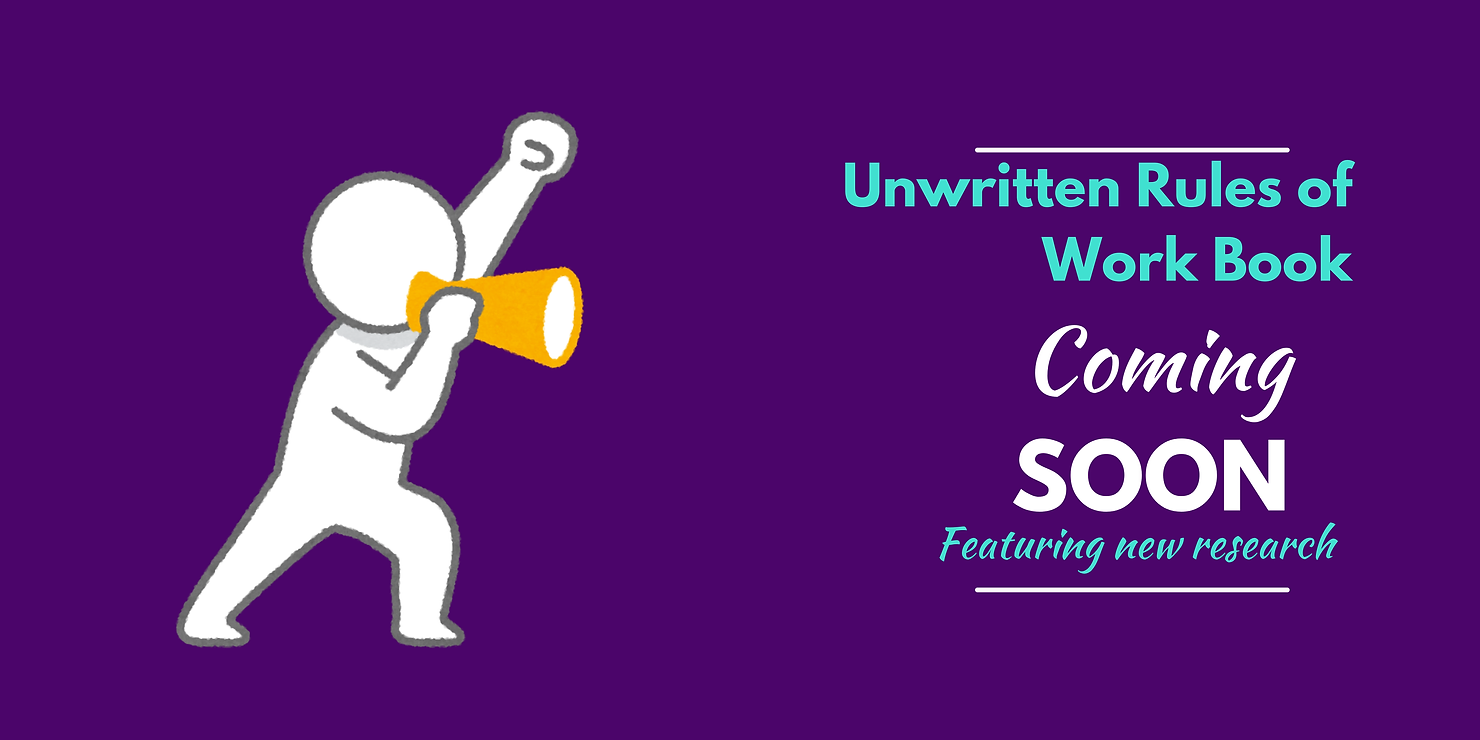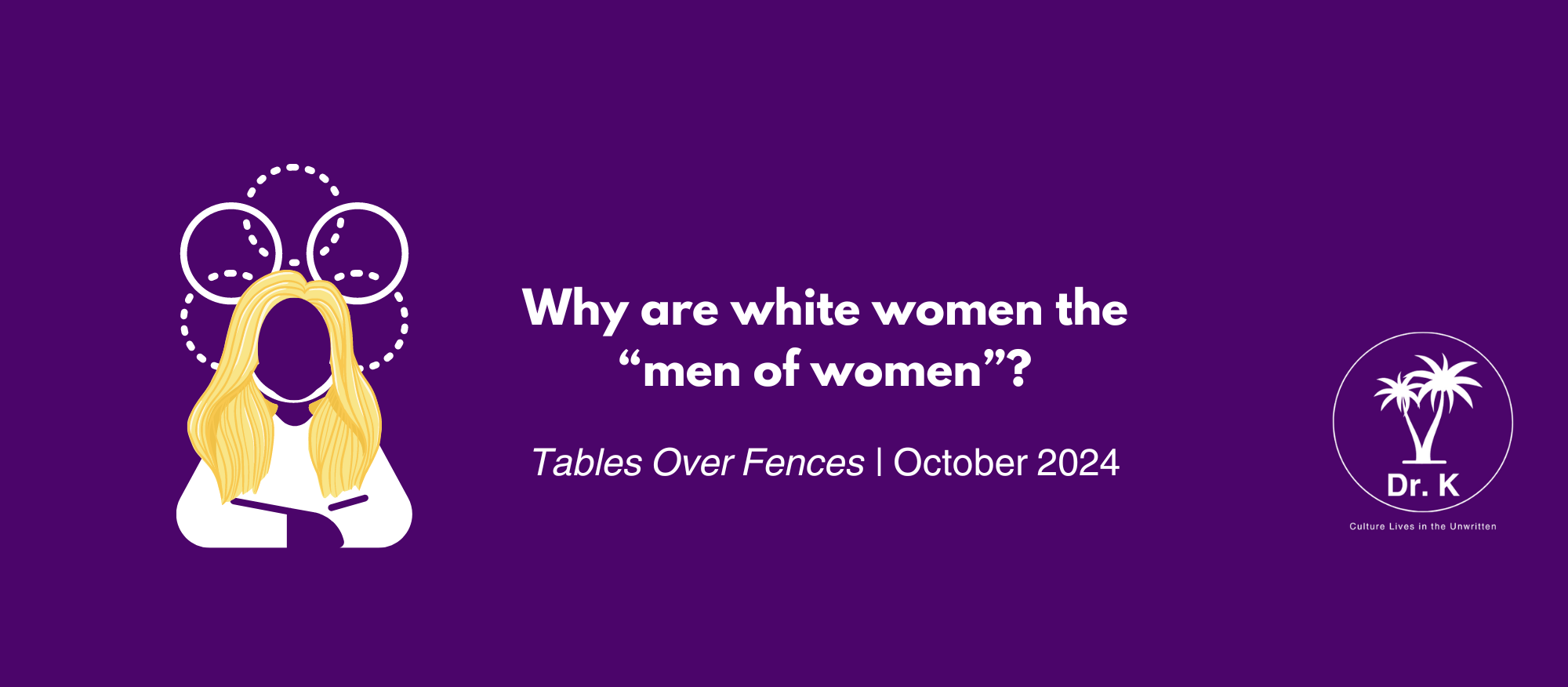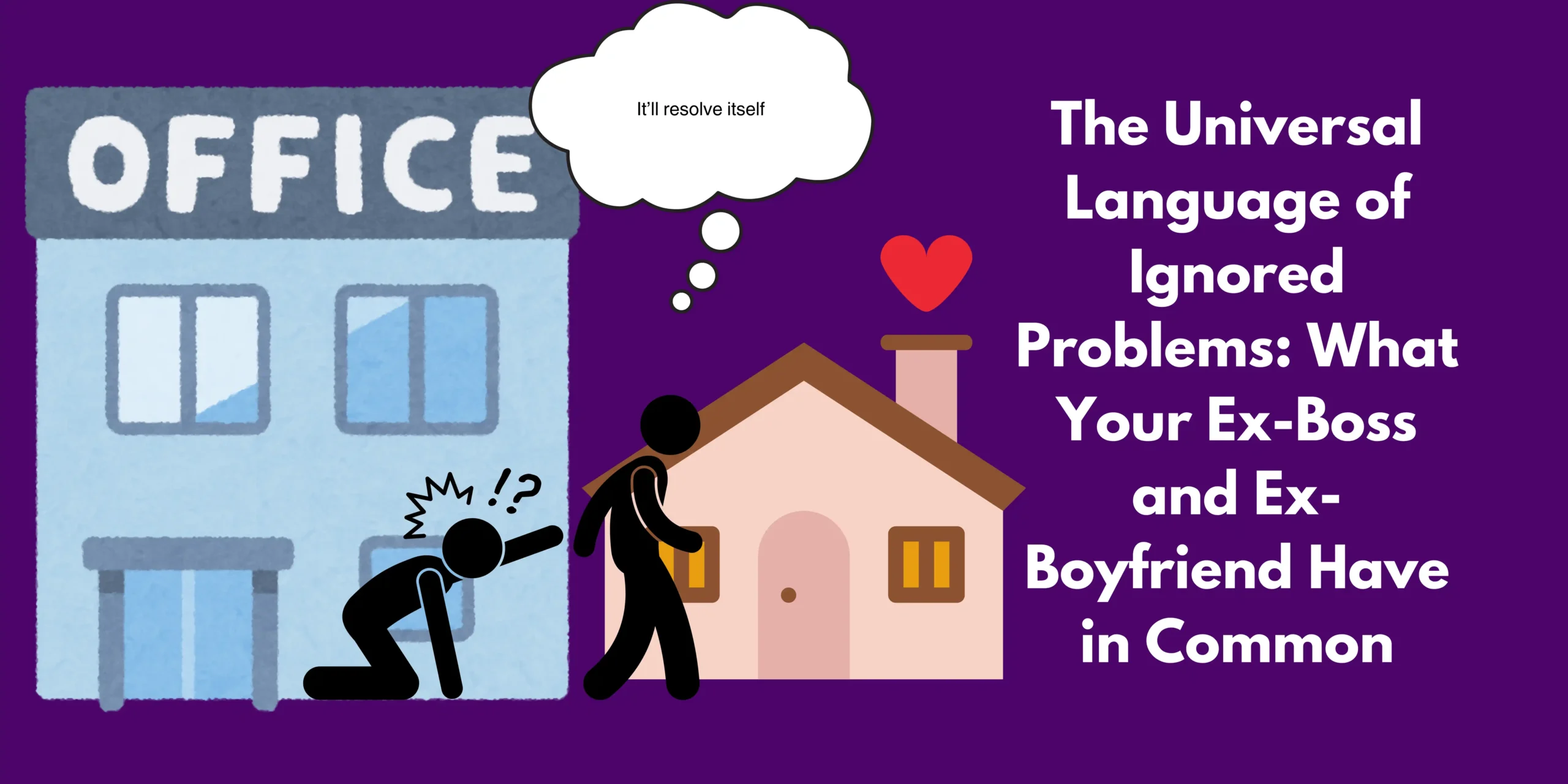Is inequality really about social class, not race?
1 year ago

Class has been at the center of the ongoing US Election Year. Not only due to absurdly high inflation but also because of some key players. The Republican Vice-Presidential candidate is known for his memoir about visiting Appalachia. He attributes the area’s poverty to their lack of work ethic. Not on the ticket, but speaking at the Democratic National Convention, John Russell spoke about how these very same Appalachian mines are the origin of the term “redneck” – because miners fighting for their rights wore a red bandana around their neck. Funny enough, I made a video about this in July. Headlines after this convention credited him with bringing the “class war” to the center of attention in America and acknowledging how both political parties had harmed the working class.
Russell mentioned that these workers united across racial lines, but in his 2-minute speech he did not have time to go into how that happened. How, in the same year as the Tulsa Massacre, did Black and white workers unite? Because even though mining towns were racially segregated at that time, the workers were expected to live on-site at least part of the time. And when the Black and white, citizens and immigrant workers lived next to each other, they saw a common enemy. The wealthy mine owners who paid them unfair wages and risked miner lives for their fortunes. This ensued in some of the bloodiest battles in U.S. labor history…including the federal government sending planes to drop two bombs on the protesters.
The battle for safer mines took years and cost many lives. But in the end, the workers did get safer worker conditions and better wages. One thing remains true throughout American history – when working-class whites and BIPOC (Black, Indigenous People of Color) unite they are powerful. Many of my fellow people of the pale hear stories like this and think the takeaway is, “Don’t talk about race, talk about class. That’s the real issue.” I know this because I used to be one of them.
Now, it is true that most DEI programs ignore social class as an identity. My master’s thesis was the first research published on social class mobility as an identity in the workplace, and it was and still is sorely needed. It unites people. It sheds light on a major missing piece of the puzzle. It’s why my work is so well received in organizations. I also think it is why many white folks do not understand other issues, particularly race. It is hard to comprehend somebody talking about white privilege when you are sending money home to take care of your aging parents in the trailer park who have no health insurance. AND it makes us pales more comfortable to talk about class and not race. BOTH can be true. Both are true.
But I’m here to tell you, as a class scholar, as someone with a southern drawl, and as someone who always has a small tube of sunscreen in her purse at all times…that we will not have class equity until we have racial equity. Because our class system was designed that way.
We will not have class equity until we have racial equity.
Now I am not here to shame anyone or to pretend I’m one of the “exceptions” of white folk. I’m not. I have had the privilege of access to very high levels of education. Even then, this is so infrequently taught in schools (and declining, looking at you my home state of Florida). But as a social class scholar, I have had to dig deep into history and into myself. I have had to intentionally ask myself what was more important to me, group identity…or the truth? And it came with a lot of fear. What would my family think? What would my friends think? And even writing this post, how many clients will I lose?
But it’s just not in me to bullshit (and that’s the redneck in me). So allow me to paint you the picture of some historical truths you won’t learn in school. I promise I’ll make it fun by throwing myself under the bus, like I always do.
Whenever I speak about class culture clashes (between middle class and working class, or upper class and working class, for example), somebody else usually donates the statement “There are only two classes – the working class and the ruling class.” I firmly believe that if that were true, we would not have the astounding economic inequality that we have today. Because the working class would far outnumber the rich elites. And we all know what happens when that happens (ask Marie Antoinette). The working class would have collectively revolted decades ago.
Now before we go too deep into this, I have to let all of y’all know that I understand we are living in record economic inequality. I know why people might say we only have a ruling and a working class. I really do know that the upper-middle class and below all have more in common with a homeless person than a billionaire. Americans have seen a 1,322% increase in CEO salaries since 1978, 351 times as much as their workers. How…is it possible to do 351x more work than someone, when they are working 40 hours a week? There aren’t enough hours in the week. And you might say it’s the type of work they do. And I would really like to know what type of work is 351x more valuable. With numbers like these, it doesn’t take a genius to see a correlation between these wages and how the top 10% in America own more than the bottom 90% combined.
Why have Americans accepted this? How, in a country notorious for so much gun ownership and violence…a country where one of our hottest debates is on to what extent we have the right to bear arms to overthrow a corrupt government… have elites avoided our version of the French Revolution? (To be clear, I am not encouraging violence here. But looking at history, we know that smaller inequalities have resulted in…violence.)
Because of racism.
Anna that makes me uncomfortable and now I’m going to stop reading.
Remember all those workout videos and podcasts telling you to get comfortable with being uncomfortable? Now is the time to practice that. PUSH THROUGH.
No really. In 1676 Nathaniel Bacon was able to unite Black and white poor folks to attempt to overthrow the Virginia elite. They united for terrible reasons too – stealing more land from Indigenous Peoples, which the Virginia elite didn’t want to do (at that moment…we all know they did later). The rebellion was violent, and it terrified the elite. They could do basic math. They were outnumbered. Nathaniel Bacon unexpectedly died of dysentery and the rebellion quieted. But the elite new that a united working class was a problem for them. So they invented race.
That’s right. Invented. Before this point in history, we didn’t racially categorize people like we do today. Even slavery was different. It was for different reasons – like differences in religion. And it wasn’t generationally inherited. But the elites knew the best way to protect themselves was to have the working class fighting each other. Consequently, they gave a small amount of power to one segment over the others. They made a class system based on skin color. They began drafting the Virginia Slave Codes. All stolen Africans were slaves for life, as were their children. (And we all know what happened to those Indigenous Peoples right?) Meanwhile, even poor white men started to accrue a little more power. They could vote and own land. Even though they had nowhere near the wealth of the elites, and would still struggle to make ends meet, these were powers nobody else in the country had, not even their wives and daughters. It made them feel special. It provided them with something that made them feel elite, even if they had to protect it because the elite could take it away. Now, they had an incentive to keep the elite happy.
The class system in America was built on the principle that a divided working class would not give up their little bit of power to overthrow the elites. And so far, the elites were (mostly) right.
This decision cemented two major forces into our American culture – white supremacy, and patriarchy.
Anna, I’m even more uncomfortable. Don’t tell me about things that influence my behavior. Nobody controls me but me.
Nobody exists in a vacuum. If you want to believe no external forces influence your behavior please go wear a bikini to church. Especially if you’re a man. I dare you. Won’t do it? Hmm. Guess environmental cues do shape your behavior then don’t they…
Patriarchy and white supremacy are both hierarchies, which we can think of in a pyramid shape. A large base of people at the bottom, and a small group at the top. (Almost like…our current economic distribution in the US.) What these two systems have in common is that a small group at the top has all of the power, and the base below it does not. The base is, however, supporting the pyramid. The top of it would not be there without it. It cannot make money off no workers and consumers (or…slaves).

Of course, that pyramid tip wants to keep its power. That makes sense. But why does the rest of the pyramid continue to support other people having most of their power? Because it doesn’t feel good looking up that pyramid from near the bottom. Instead, it feels way better to look down. To see all of the people you are above. It can feel powerful to lord it over them (see my video on the research on how this influences bullying in women-dominated workplaces). So instead of 90% walking away from the pyramid and refusing to support the top, it fights among the other groups the top 10% divided them into, each person/group trying to heave their way higher up the pyramid.

The irony is, when punching down in a system like this, we might claw our way a little higher up on the pyramid, but we will never have the tippy top. Because punching down on the pyramid acknowledges the power of the pyramid system. It reinforces its structure. It makes it stronger. And it keeps that tippy top in control without them ever having to muddy their hands.
Even if you are white, if you are in the bottom 90% of Americans, racial equity benefits you. Because it is required for class equity.
The structure of this pyramid thrives off of what I call the Unwritten Rules of Economic Inequality:
“If I see others worse off than me, it means I have power. I must protect that at all costs.”
“Other groups are my competition. Their gain is my loss.”
“All working-class people have the same interests and experiences, regardless of their race.”
“It’s okay for me to assert dominance over those with less status. That’s just how the world works.”
“My success is solely due to my hard work. If others struggle, it’s because they’re not trying hard enough.”
“Historical context doesn’t matter when discussing current inequalities. What’s past is past. It doesn’t matter if they were allowed to work for wages or not.”
“Higher salaries mean more value to society. If someone makes more money, they are worth more.”
“To succeed here, people need to act more like us. Why can’t they just fit in?”
“Talking about race and class is uncomfortable. It’s better not to rock the boat.”
This is why I strongly believe that the only way to move forward toward class equity is to heal our racist past and present. I hypothesize that some of you might read this and think, “Well, people need to stop blaming ME and MINE for a problem that is really with the top 10%.” And you would have missed the point. Any time a marginalized group has supported a more powerful group, it has backfired for them. For example, the first wave of feminism excluded poor and Black women. When we say “women” gained the right to vote in 1920…we really mean white women. Women of color didn’t have that right until the 1960s. When groups with that tiny bit more power (think white dudes after Bacon’s rebellion) try to incentivize groups with less power (think slaves) to join their cause, what they’re saying is “Please help enforce the same system with me at the top.” And…why would they do that? More work for the same system? No thanks. We –all of us—have to stop punching down and around, and we have to heal the parts inside of us that want to do the punching.
What are some things we can do?
Dive into Historical Context
Research the history of race and class in your country.
Explore how racial and class categories were constructed and how they’ve evolved over time.
Learn about labor movements and instances of cross-racial solidarity throughout history.
Organize or participate in workplace learning sessions about the historical context of diversity and inclusion in your industry.
Confront Your Discomfort
Notice what feelings arise as you learn about this history. What makes you uncomfortable?
Reflect on what you might be trying to “protect” yourself from by avoiding these topics.
Challenge yourself to sit with this discomfort and use it as a catalyst for growth.
In areas of your life where you are considered a leader, model vulnerability by sharing your own journey of confronting discomfort. Encourage open, respectful dialogue about challenging topics.
Recognize Unwritten Rules in Your Life
Identify the unwritten rules in your workplace, social circles, and community.
Consider how these rules might advantage or disadvantage different groups. Ask, “Who wrote these rules? Who were they intended to protect, and who was not protected? What did they perceive they needed protection from?”
Reflect on your own cultural norms and how they shape your expectations of others.
Initiate discussions about unwritten workplace rules and how they might impact employees from diverse backgrounds.
Cultivate Cross-Cultural Understanding
Seek out perspectives and experiences different from your own.
Listen actively and empathetically to stories from people of diverse backgrounds.
Participate in cultural exchange events or join groups focused on cross-cultural dialogue.
Implement mentorship programs that pair employees from different racial and cultural backgrounds to foster mutual learning and understanding.
Examine Your Position in the “Pyramid”
Reflect on your place in societal hierarchies of race and class.
Consider how you might unintentionally “punch down” or reinforce these hierarchies. What behaviors/situations have triggered your punching in the past? These are your punch triggers. What other, more positive behavior can you do instead? Look for ways to use your position to challenge unfair systems rather than perpetuate them.
Advocate for equitable policies and practices that address systemic barriers in your organization.
Challenge Your Decision-Making Process
Recognize when you’re making assumptions based on race and/or class.
Question the basis of your judgments and preferences in various situations.
Seek out diverse perspectives before making decisions that affect others.
Practice making choices based on a wider range of criteria and viewpoints, rather than defaulting to cultural familiarity.
Implement diverse hiring panels and decision-making committees to ensure a range of perspectives in important organizational choices.
These processes are hard. I know it. I’m still doing them. I have unlearned a lot of my punching down, but I don’t know that it’ll ever completely go away. And if it does, I’ll have to forever be diligent about not letting that mindset return. This is an obstacle course with no medal and no finish line. But I can tell you from personal experience, that the course becomes more enjoyable once you stop hating everyone else on the field – once you run free instead of for someone else’s hatred.
And if you need help unpacking some of this, either personally or with your team, shoot me a message at info@drkallschmidt.com or schedule a free initial consultation
More blogs
Book Retreat Hiatus
Book Retreat Hiatus Social Class 3 semanas ago When the universe is ready for you, it’ll knock you onto your […]
Why are white women the “men of women”?
Why are white women the “men of women”? Social Class 3 months ago Last month I talked about how economic […]
Is inequality really about social class, not race?
Is inequality really about social class, not race? Social Class 3 semanas ago Class has been at the center of […]
The Universal Language of Ignored Problems: What Your Ex-Boss and Ex-Boyfriend Have in Common
The Universal Language of Ignored Problems: What Your Ex-Boss and Ex-Boyfriend Have in Common Social Class 5 hours ago “Why […]
Tips for Navigating Polarization at Work – From Independence Day to Election Day
Tips for Navigating Polarization at Work – From Independence Day to Election Day Social Class 5 hours ago Growing up, […]
Unlearning Homophobia, Learning Inclusion: A Leader’s Journey Toward a More Equitable Workplace
Unlearning Homophobia, Learning Inclusion: A Leader’s Journey Toward a More Equitable Workplace Social Class 5 hours ago It’s Pride Month, […]
How AI Can Help You Be a More Culturally-Competent Leader
How AI Can Help You Be a More Culturally-Competent Leader Social Class 3 months ago “If you walked into an […]
Is AI Going to Close Our Gender Gaps?
Is AI Going to Close Our Gender Gaps? Social Class 5 hours ago Recently, I was having lunch with a […]
Why We Won’t Have Psychological Safety Until We Understand Courage
Why We Won’t Have Psychological Safety Until We Understand Courage Social Class 5 hours ago Have you ever seen/heard an […]








